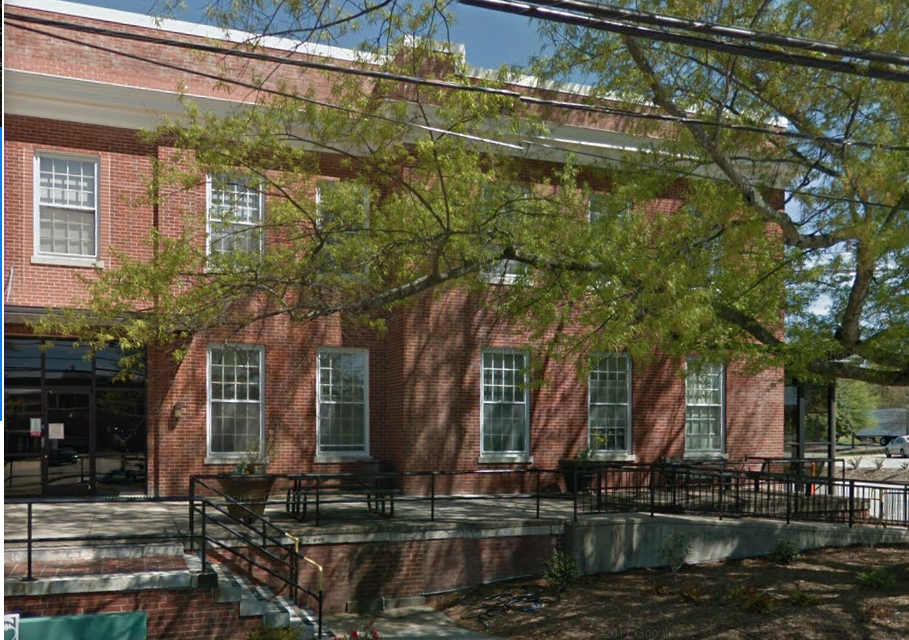There is little doubt about who is calling the shots on the Greensboro City Council and it isn’t Mayor Nancy Vaughan, Mayor Pro Tem Yvonne Johnson or any of the councilmembers with some seniority.
It’s City Councilmember Michelle Kennedy who is in her first term.
Last year in June, Kennedy pushed through an appropriation $500,000 for the idea of having the city have start providing mental health services, which was largely a response to an incident where a homeless man who was having a mental health crisis died after being detained by Greensboro police officers.
Then in December, Kennedy convinced the City Council to vote for a $500,000 contract with The S.E.L. Group to provide mental health services even though city staff could not answer, or gave conflicting answers to, basic questions about how the process would work and what it would do.
In her day job, Kennedy is the executive director of the Interactive Resource Center, which is a facility that serves the homeless during the day.
At the November City Council work session, Kennedy brought up two topics that weren’t on the agenda, something that is usually not allowed at work sessions. One of those was to take the Parks and Recreation headquarters on Maple Street and turn it into what is called “permanent supportive housing.” This is primarily housing for people who were formerly homeless and need a lot of services, which are provided on site.
From Kennedy’s presentation it sounded like she was pretty far along with the plan that other councilmembers were hearing about for the first time. A work session on the topic was requested.
Work sessions on topics are requested by councilmembers regularly. Councilmembers Justin Outling and Tammi Thurm have requested numerous work sessions and they are promised, but they never take place.
The work session on permanent supportable housing will be held on Tuesday, Jan. 21 at 4 p.m. in the Plaza Level Conference Room. If Kennedy asks for it, she gets it.
One model for the permanent supportive housing facility is the Moore House, a supportive housing facility in Charlotte that according to the presentation has been extremely successful in providing homes for the homeless, providing the necessary support services and overall in saving the community money.
At the work session, the City Council is also scheduled to hear a report on installing the latest in water metering technology, which will provide the city with “near real time daily reads.”
The cost is about $30 million.

